State to be "paragon of saving", says PM
Prime Minister Mirko Cvetković says that the economic situation in Serbia is grave, but that the government has a plan for weathering the economic crisis.
Thursday, 26.03.2009.
09:23

Prime Minister Mirko Cvetkovic says that the economic situation in Serbia is grave, but that the government has a plan for weathering the economic crisis. Cvetkovic told a news conference following the signing of a new arrangement with the IMF that the state would be a “paragon of saving“ and would undertake measures to ensure savings at all levels. State to be "paragon of saving", says PM Some of the measures, he said, included a ban on new personnel appointments within republic, provincial and local administration, reducing costs linked to representation, usage of official vehicles and mobile phones, while more expeditious work would be expected from the tax department. The prime minister said that this year’s budget deficit would be EUR 2bn instead of the initially planned EUR 526.9mn, adding that to reduce this, the state would offset EUR 1.1bn by increasing revenue and cutting expenditure, which would leave a shortfall of EUR 900mn, or three percent GDP. Earlier in the day, the International Monetary Fund (IMF) and the Serbian government reached an agreement on a stand-by arrangement worth EUR 3 billion that will run until mid-April 2011, and which will not be considered a precautionary arrangement , the Head of the IMF Mission to Serbia Albert Jaeger confirmed today. Jaeger told a press conference that Serbia would almost certainly suffer a drop in gross domestic product (GDP) this year, while in 2010 its GDP was expected to be zero. Consequently, budget revenues are not at the envisaged level leaving a hole in the budget, while a hole in foreign financing is also expected to open due to a fall in inward investment, he warned. For this reason, Serbia needs a large package of fiscal adjustment measures in order to limit the budget deficit to three percent GDP, which is the maximum level to receive financing from non-inflationary sources, Jaeger explained. However, Aleksandar Stevanovic from the Free Market Center does not believe that the new loan will help boost the influx of foreign investment into the country. “We needed that money to avert a complete catastrophe. It’s lucky that we got that money as there won’t be a catastrophe this year, but the problems that led the state to behave like a debauched son remain,” said Stevanovic, adding that the IMF money would allow Serbia’s financial problems to be put on the backburner, but would not help solve them. “Those problems won’t be solved by us getting USD 3bn from the IMF, but rather by the government conducting substantive reforms in Serbia – by cutting public spending and, what’s most important, by doing away with party control over the economy,” he said. Govt, IMF in talks (Beta)
State to be "paragon of saving", says PM
Some of the measures, he said, included a ban on new personnel appointments within republic, provincial and local administration, reducing costs linked to representation, usage of official vehicles and mobile phones, while more expeditious work would be expected from the tax department.The prime minister said that this year’s budget deficit would be EUR 2bn instead of the initially planned EUR 526.9mn, adding that to reduce this, the state would offset EUR 1.1bn by increasing revenue and cutting expenditure, which would leave a shortfall of EUR 900mn, or three percent GDP.
Earlier in the day, the International Monetary Fund (IMF) and the Serbian government reached an agreement on a stand-by arrangement worth EUR 3 billion that will run until mid-April 2011, and which will not be considered a precautionary arrangement , the Head of the IMF Mission to Serbia Albert Jaeger confirmed today.
Jaeger told a press conference that Serbia would almost certainly suffer a drop in gross domestic product (GDP) this year, while in 2010 its GDP was expected to be zero.
Consequently, budget revenues are not at the envisaged level leaving a hole in the budget, while a hole in foreign financing is also expected to open due to a fall in inward investment, he warned.
For this reason, Serbia needs a large package of fiscal adjustment measures in order to limit the budget deficit to three percent GDP, which is the maximum level to receive financing from non-inflationary sources, Jaeger explained.
However, Aleksandar Stevanović from the Free Market Center does not believe that the new loan will help boost the influx of foreign investment into the country.
“We needed that money to avert a complete catastrophe. It’s lucky that we got that money as there won’t be a catastrophe this year, but the problems that led the state to behave like a debauched son remain,” said Stevanović, adding that the IMF money would allow Serbia’s financial problems to be put on the backburner, but would not help solve them.
“Those problems won’t be solved by us getting USD 3bn from the IMF, but rather by the government conducting substantive reforms in Serbia – by cutting public spending and, what’s most important, by doing away with party control over the economy,” he said.










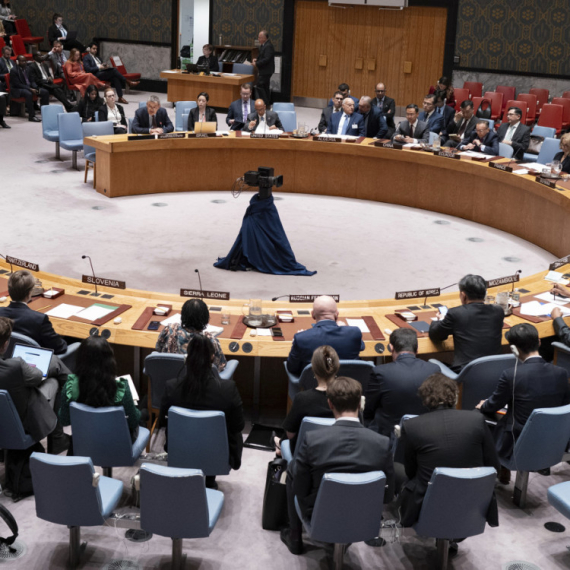


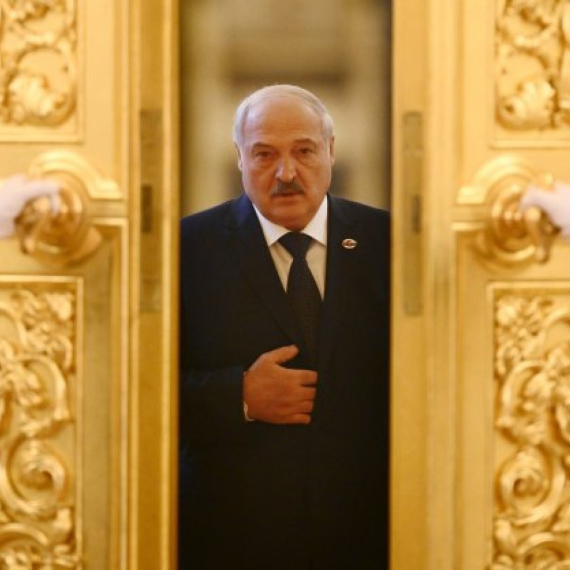



















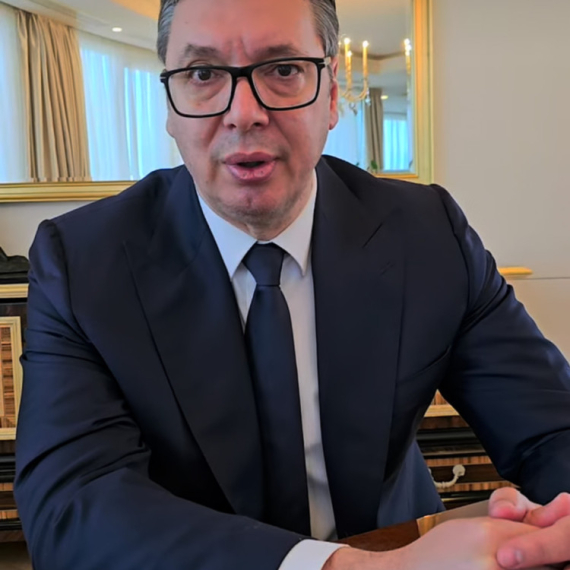

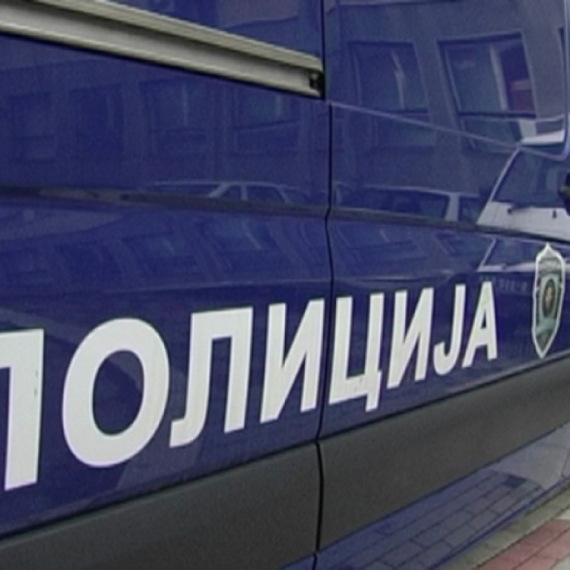













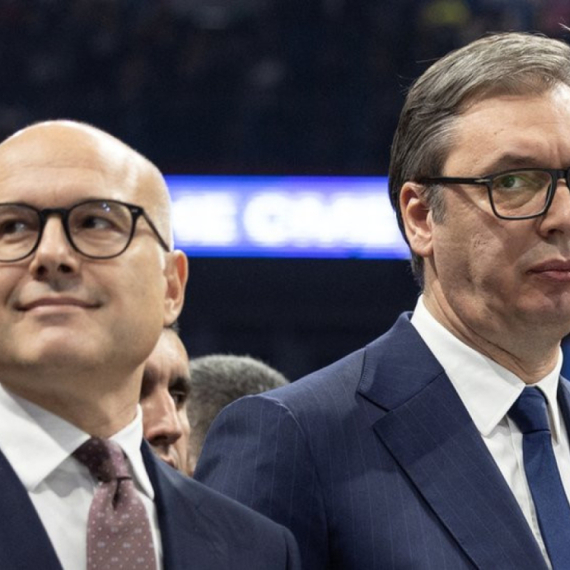

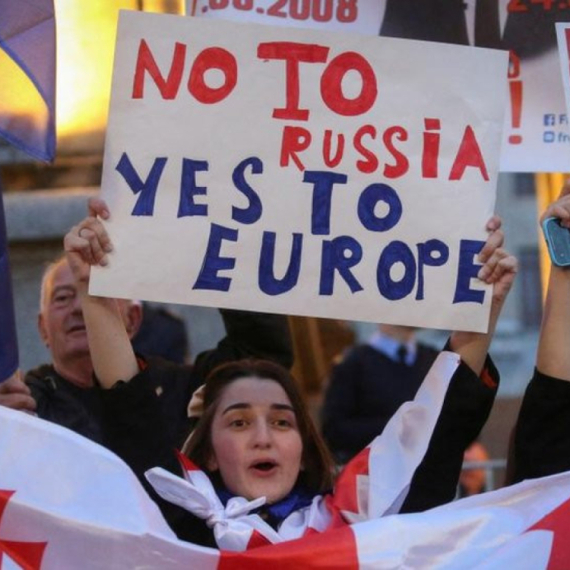

Komentari 2
Pogledaj komentare